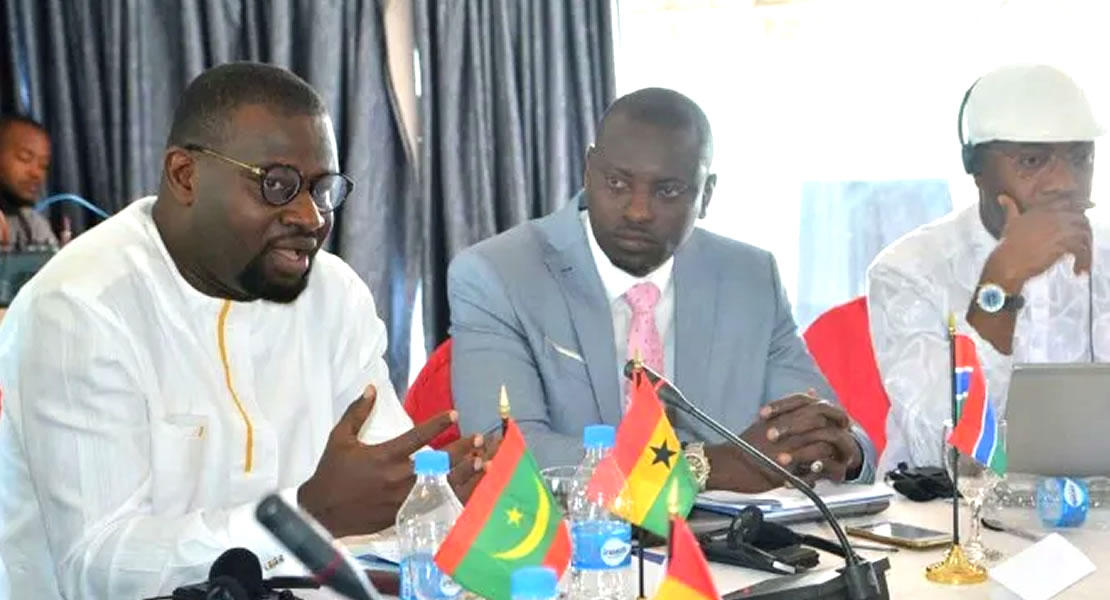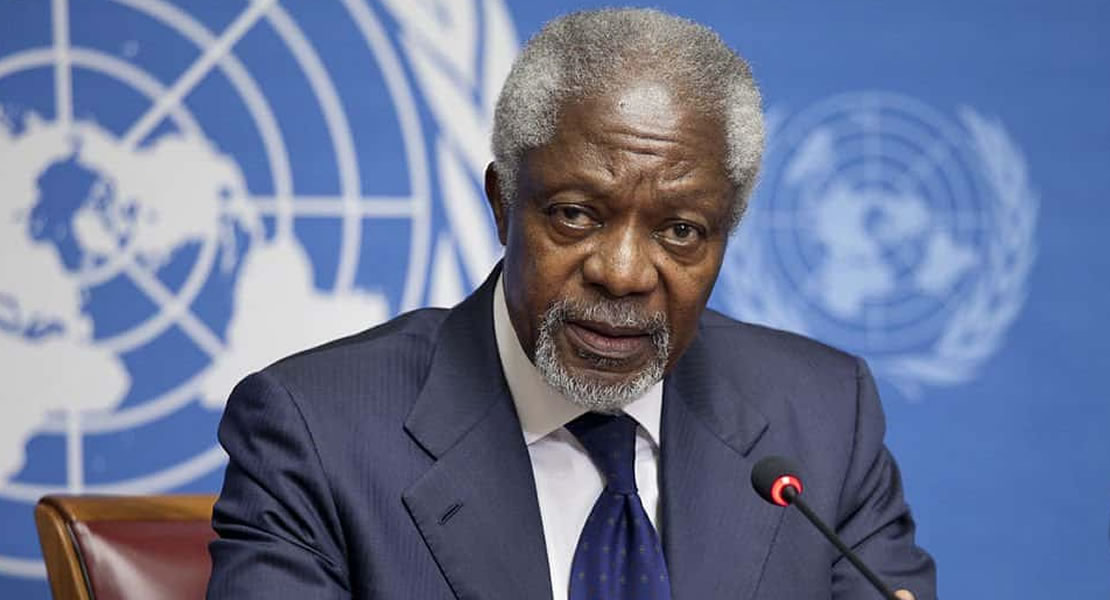
Member of Parliament for Nsawam-Adoagyiri Frank Annoh-Dompreh is advocating for the United Nations (UN) and the African Union (AU) to institute an annual memorial lecture on peacekeeping in honor of the former late Secretary General of the UN, Kofi Annan.
According to him it is to immortalise the peaceful approach and diplomatic skills of the former UN chief while at the same time encourage peaceful coexistence in international relations among nations.
Again, given the rich content of the activities in conflict resolution engineered by Kofi Annan, the lectures will package those experiences for assimilation by younger diplomats and international actors in today’s global politics.
Furthermore, the identification of some distinct elements which make up the peace model of Kofi Annan are being proposed to be incorporated into the annual lectures, and they are fashioned in Kofi Annan’s inherent traits to; see a possibility where one may not be apparent.
Directly involve oneself in peace negotiations to mediate and bring about amicable compromises whiles taking responsibility for one’s own role in working towards world peace and stability.
Mr. Speaker, specifically, the importance of leadership cannot be overemphasised in characterizing Kofi Annan’s approach. It is also apparent that the Kofi Annan’s peace model recognises the fact that institutions are made up of people and whichever systems or practices have come out as a result of the operation of an institution, or group of institutions still cedes the possibility of change to be dependent on decisions of the people.
This is also why Kofi Annan had a style of directly interacting with heads-of-state, to bring about peaceful resolutions as opposed to interacting with the institutions they find themselves in. These are some of the elements of his peace model that create the distinction and resulting success and many of such idiosyncratic approaches are bound to be realised in these memorial lectures.
In a statement on the floor of the House, he noted that Peace Talks, is a similar peace instituted initiative that showcases the inspirational stories of people who are making extraordinary contributions to peace and co-founded by the United Nations Office at Geneva.

The Geneva Peacebuilding Platform, and Inter-peace, has progressed the work envisioned by Kofi Annan since its commencement in 2013. Though this specifically expands the dialogue on peace building and conflict resolution, an annual memorial lecture has the potential to be fashioned into the academic curricular of students for which credits will be obtained to further encourage the utility of Kofi Annan’s peace model.
And, this endeavor will follow a well-defined organisational plan with relevant local actors and specified target audiences in academia, corporate institutions, public servants and government officials.
It will include a host of activities that ensure the impartation of knowledge and the birth and promotion of individual ideas to support the peace model that will live on in the heart of the African continent from which it originated in Kofi Annan.
“I therefore make this call to all from this honourable House, to take steps to institute memorial lectures on the peace model of Kofi Annan”.
In his memoir, Kofi Annan reflected on his roles at the UN on the Rwandan genocide in 1994. Although he was not Secretary General at the time, this was one of the significant events that dented the UN’s peacekeeping reputation. Kofi Annan reported on how he lobbied for 100 governments – and made personal calls to others – to assist with the passage of the Security Council Resolution (918) where page 2 of the resolution sought to enable the UN dispatch about 5,500 troops to the country
Subsequently, the 1999 independent investigation into what had happened categorically concluded that the UN had failed to prevent and stop the genocide in Rwanda. As Secretary-General during the investigation, Kofi Annan most importantly accepted responsibility for the turn of events and poised himself to ensure the prevention and reoccurrence of such a dreadful event.
He sought to do this by reforming the UN to be mandated and equipped for the kind of forceful action needed to prevent a genocide.
In his words, he said “I realised after the genocide that there was more that I could and should have done to sound the alarm, and rally support. This painful memory, along with that of Bosnia and Herzegovina, has influenced much of my thinking, and many of my actions, as secretary-general”.
His support and validation of Responsibility to Protect (R2P) was a key act which one could say Kofi Annan had at heart. The R2P was an interventionist protocol out of which a clarion call for peace and conflict resolution is made to help protect war & conflict prone regions, principally to protect the people of the state.
Kwaku Sakyi-Danso/Ghanamps.com